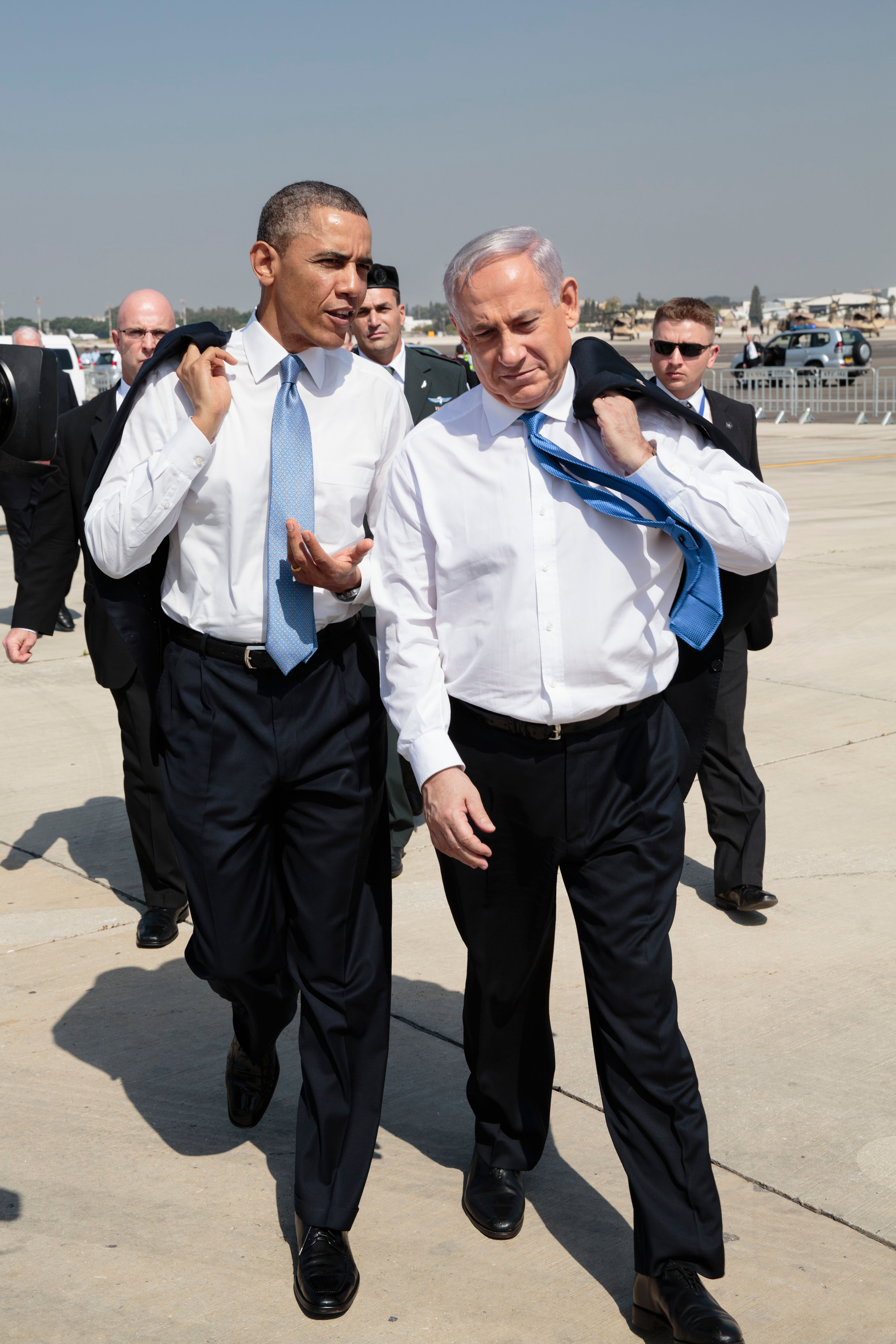Now that he has been and gone, and we have had the chance to view the course of the visit's events in hindsight (albeit a very close hindsight), I believe that Obama has almost managed to pull off the impossible. It was a very different Obama who was in Israel from the one who has spent the past four years taking neutral positions on matters which affect Israel. From the moment that he stepped onto the tarmac at Ben Gurion airport and said in Hebrew that he was happy to be back in Israel, Obama seemed not to put a foot wrong. He managed to say all the right things to help reverse the negative sentiments towards him. He paid tribute to Israeli technology and military strength when inspecting the Iron Dome battery at the airport. He reiterated his intention to continue to fund this program, despite the budget cuts in the US. He paid tribute to Israeli fallen heroes during his visit to the Mount Herzl cemetery, and paid his tribute to the six million at Yad Vashem. He met with Israeli students to relate his view of the future to them, and to listen to the things that they had to say.
On the pressing issue of Iran, the US president was eager to reiterate the points of common understanding rather than the differences. He said that there was little daylight between the Israeli and US positions. In truth, I think that he refers more to the assessment of what is happening in Iran, rather than the view as to how to deal with it. Even though nobody expected that there would be a great deal of public discourse on the Iran issue, it was easy to read between the lines that Obama and Netanyahu are not precisely on the same page where this is concerned. The Israeli public would like to know if Obama will be prepared to sanction military action in sufficient time to prevent the final steps being taken for the construction of an Iranian nuclear bomb. It is also important to know whether the US commander-in-chief is prepared to commit his forces to be in the front line, or if they will be watching from a distance while Israeli forces are required to do the hard work. Answers to these questions were not forthcoming in public, and we have the impression that the US answers to these questions are probably not the ones that Israel would prefer to hear.
It was important to hear Obama say that Israel's continued strength will ensure that a Holocaust does not happen in the future. As much as it is a stark admission to make that it is not the free world and the powers of the UN that will prevent such a genocide in future, it was equally important for him to publicly recognise the central role that Israel plays in the future of Jewish survival. It was also important to hear him say that being on friendly terms with Israel is in the US national security interest. Relationships between countries are built on necessity and mutual-dependence, and not on sentiments. As much as there are some in the US who do feel some sentimental attachment towards Israel, the only thing that will ensure that the US will continue to support Israel in the future, is a national security interest that drives this friendship.
Hagel is perceived to unsupportive and unsympathetic to Israel's cause. I do believe that most Israelis are prepared to give Obama the opportunity to prove his credentials again. His actions over the coming months, particularly with regard to Iran, will be highly influential in convincing people of his true allegiance.
As a parting gift, Obama brokered an apology to be delivered by Prime Minister Netanyahu to Turkish Prime Minister Erdogan over the deaths of Turkish activists in the Gaza Flotilla incident three years ago. While it is clear to see why a united Israel and Turkey serves US national security interests as a buffer against Syria, it is still unclear whether this is good for Israel's interests or not. This apology by Israel represents a major climb-down on a point of principle, while the benefits sufficient to outweigh this concession are not immediately obvious.
A good relationship with the USA is certainly in Israel's best interests. But this is not at any price. Israel wishes to see the US being prepared to speak out and take actions on matters which would benefit Israel in the international community. With the constant threats that Israel is facing, this is of importance to Israel's future surivival and that of the Jewish people. Over the course of the next year, this will manifest itself in the support that Israel receives to counter the Iranian threat. The clock is ticking.......






